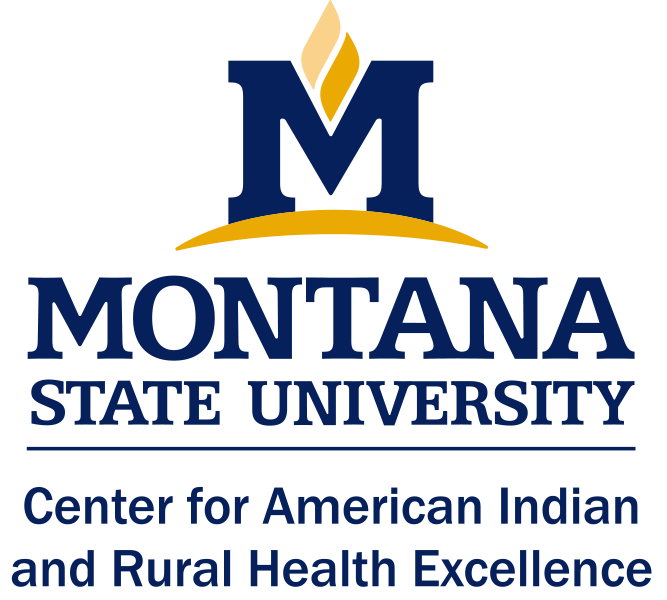Protecting Our Community
In late 2020, CAIRHE at Montana State University was awarded a two-year grant from the National Institutes of Health to examine COVID-19 testing strategies among underserved populations in Montana and Washington. The grant was part of the NIH’s $1.4 billion Rapid Acceleration of Diagnostics (RADx) initiative, created in the early weeks of the COVID-19 pandemic to address the need for scaled-up testing across the country. A component targeting underserved populations known as RADx-UP funded community-engaged projects, including CAIRHE’s, that partnered with vulnerable communities hardest hit by the pandemic.

The study, titled Protecting Our Community: A Pragmatic Randomized Trial of Home-based COVID-19 Testing with Native American and Latino Communities, was led by CAIRHE in partnership with the University of Washington’s School of Medicine and Institute of Translational Health Sciences; the Fred Hutchinson Cancer Research Center in Seattle; and Salish Kootenai College and the Confederated Salish and Kootenai Tribes on the Flathead Reservation in Montana. CAIRHE Director Alexandra Adams, M.D., Ph.D., was principal investigator for the study. A local community advisory board was involved in all stages of the research in each study location.
The COVID-19 pandemic disproportionately affected American Indian (AI) and Latino communities, and these groups also have increased risk of poor prognosis due to high rates of chronic disease such as diabetes, cardiovascular disease, and cancer. In the northwestern United States, AI and Latino communities already faced significant disparities in health care access, which were further exacerbated by the COVID-19 pandemic. This study leveraged long-term community-based participatory research partnerships to test the hypothesis that home-based testing will be feasible, impactful, and better-accepted using active delivery of test kits by trusted community health educators in two vulnerable, high-risk rural communities. The study's two long-term partner communities were the Flathead Indian Reservation of the Confederated Salish and Kootenai Tribes in Montana, and the Yakima Valley of Washington, a large Latino community.
The study team determined the cultural, social, behavioral, and economic barriers to home-based SARS-CoV-2 testing; culturally adapted and enhanced home-testing educational materials and created home-testing instructional graphics and YouTube videos; conducted a 2-arm pragmatic randomized trial of active (delivered by community health educator) vs. passive (mailed) home-based testing kits for testing completion; and created model community-driven testing protocols that can have significant impact for increasing home-based testing uptake among AI and Latino communities nationally. This work enabled underserved AI and Latino communities to take full advantage of rapid point-of-care home tests and decreased the significant impact of COVID-19 in their communities.

